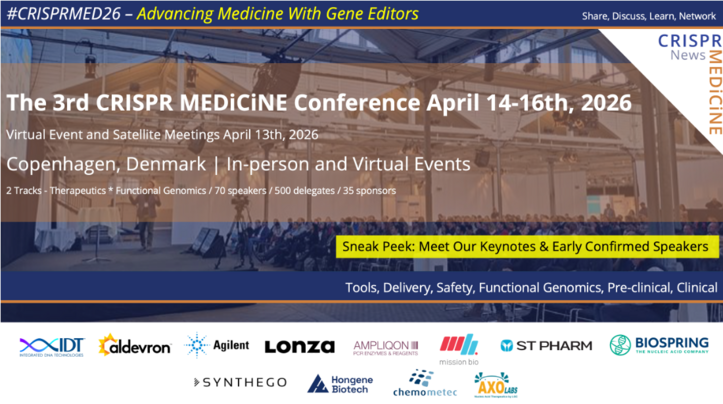New study questions the safety of base editing
Significant small deletions, ranging from 4.0% to 29.2% of total sequencing reads, were found in cell lines and primary cells. The translocations occur at sites between the editing target and off-targets related to Cas9 or deaminase activities.
The study also highlights the pivotal role of abasic site (missing a base) processing in forming these DSBs. A notable finding is that employing the suicide enzyme HMCES to shield abasic sites effectively reduces the incidence of CGBE-initiated DSBs. This approach minimizes DSB-related events without impacting the intended base substitutions, presenting a more reliable method for CGBE applications.
These findings underscore the need for careful consideration of CGBEs in therapeutic contexts due to the potential for harmful intermediate DSBs. The research suggests that HMCES-aided CGBEs could offer a safer alternative for genome editing applications, emphasizing the importance of understanding and mitigating unintended genomic alterations in CRISPR-based technologies.
Fei-Long Meng and Min Emma Huang from the University of Chinese Academy of Sciences, Hangzhou, conducted the study. "C-to-G editing generates double-strand breaks causing deletion, transversion and translocation" was published two days ago in Nature Cell Biology.
To get more of the CRISPR Medicine News delivered to your inbox, sign up to the free weekly CMN Newsletter here.
Tags
CLINICAL TRIALS
Sponsors:
Suzhou Maximum Bio-tech Co., Ltd.
Sponsors:
Zhejiang University







